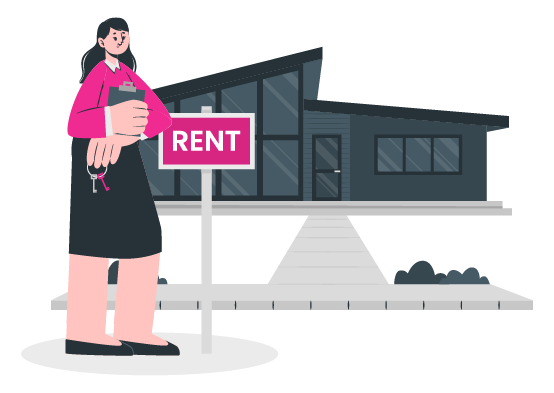When navigating the world of commercial leases in Ireland, it’s crucial to grasp the distinction between base rent and total rent. These terms significantly impact your rental income and the overall valuation of your property. Whether you’re a landlord aiming to optimise returns or a tenant seeking clarity, understanding these concepts is essential.
What Is Base Rent?
Base rent, often referred to as minimum or net rent, is the fixed amount a tenant agrees to pay for occupying a space. This amount is typically calculated per square foot or as a flat monthly fee. In commercial leases, base rent serves as the foundation of the rental agreement.
What Is Total Rent?
Total rent encompasses the base rent plus additional costs incurred during the lease. These costs, often termed “outgoings,” can include:
- Property taxes
- Insurance premiums
- Maintenance and repair expenses
- Utilities and common area charges
In essence, total rent represents the comprehensive financial commitment a tenant makes under the lease agreement.
Understanding Lease Types
Commercial leases can vary in structure, influencing how base and total rents are calculated:
- Gross Lease: The landlord covers all operating expenses, and the tenant pays a fixed base rent.
- Net Lease: The tenant is responsible for some or all operating expenses in addition to base rent.
- Triple Net Lease (NNN): The tenant covers base rent plus property taxes, insurance, and maintenance costs.
Understanding these lease structures is vital for both landlords and tenants to assess their financial obligations accurately.
Why the Distinction Matters
For landlords, distinguishing between base and total rent is crucial for:
- Accurate Property Valuation: Total rent provides a clearer picture of a property’s income potential.
- Financial Planning: Understanding the full scope of rental income aids in budgeting and forecasting.
For tenants, recognising this difference helps in:
- Budget Management: Anticipating additional costs beyond base rent ensures better financial preparedness.
- Lease Negotiation: Awareness of total rent components can be leveraged during lease discussions.
Utilising FindQo.ie’s Rental Estimate Tool
To gain a comprehensive understanding of your property’s rental value, consider using FindQo.ie’s Rental Estimate Tool. This tool provides an accurate estimate of your property’s rental income potential, factoring in both base and additional costs. It’s an invaluable resource for landlords aiming to optimise their rental returns.
In summary, while base rent is the fixed amount stipulated in a lease agreement, total rent includes this base amount plus additional operating expenses. Understanding this distinction is essential for both landlords and tenants in Ireland to make informed decisions regarding rental agreements. Utilising tools like FindQo.ie’s Rental Estimate Tool can further aid in assessing and maximising rental income.

